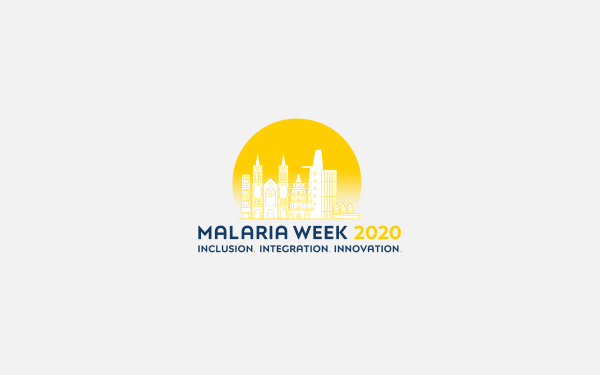“We are in this together. We have to work together with greater urgency to reach our goal.”
Asia Pacific Leaders’ Malaria Alliance (APLMA) Board Chair, Ruby Shang.
The third annual APLMA Senior Officials Meeting involved representatives from 22 countries and numerous partner agencies, with the focused task of discussing how to move towards the 2030 malaria elimination goal in Asia and the Pacific.
In a welcome address to delegates, Dr Thet Khaing Win, Permanent Secretary Ministry of Health and Sports of the Government of Myanmar highlighted the success of the malaria program in Myanmar, but noted that to reach elimination the program must find new sources of funding to support the ambitious goals.
As a key partner in malaria elimination, Dr Swarup Sarkar, Director of the Department of Communicable Diseases in the World Health Organization Regional Office for South-East Asia (WHO-SEARO) outlined the WHO vision for malaria elimination. Making the crucial point: “Elimination of disease, control of communicable disease threats, cannot be achieved by just a health response. It requires a multisectoral response.”
Throughout the day, countries and partners delivered presentations highlighting progress with malaria activities progress as well as challenges flowing from the six priorities of the APLMA Leaders’ Roadmap. Countries from Afghanistan to Papua New Guinea shared local experiences, successes and lessons learned in tackling malaria.
The meeting concluded with a discussion on the Draft APLMA Leaders’ Dashboard. This was the first time countries had reviewed and discussed the new tool for monitoring progress and implementation of the Roadmap priorities together.
Presentations from this session:
- Malaria elimination: A global overview (Dr Rabi Abeyasinghe, Coordinator Malaria, Other Vector-borne and Parasitic Disease Unit, WHO Western Pacific Region) (read more)
- APLMA Progress: 2016–2017 (Asia Pacific Leaders Malaria Alliance) (read more)
- Country experiences: Uniting national malaria elimination efforts (Dr Rattanaxay Phetsouvanh, Director General Department of Communicable Diseases Control MOH, Lao PDR) (read more)
- Indonesia experience: Sub-national advocacy for malaria elimination (Dr R. Vensya Sitohang, Director of Vector-borne and Zoonotic Disease Control & Prevention Ministry of Health, Republic of Indonesia) (read more)
- Civil–Military cooperation for malaria elimination: Strengthening national efforts for elimination (Colonel Professor Mathirut Mungthin, Phramongkutklao College of Medicine, Royal Thai Army Medical Department, Ministry of Defence, Thailand) (read more)
- Strengthening surveillance to reach at-risk populations and support health security in Malaysia (Dr Rose NaniMudin, MOH, Malaysia) (read more)
- China–Myanmar cooperation to address border malaria (Dr Thandar Lwin, Deputy Director General, Disease Control, DoPH, Ministry of Health and Sports, Myanmar) (read more)
- Delivering the ‘right’ commodities to the ‘right’ Populations (Dr Sami Nahzat, Afghanistan National Malaria Control Program) (read more)
- Accelerating malaria elimination by improving efficiency (Rima Shretta, Malaria Elimination Initiative, University of California, San Francisco) (read more)
- Trilateral cooperation to support malaria elimination in Papua New Guinea (Dr Paison Dakulala, Deputy Secretary, National Health System Standards, National Department of Health) (read more)
- A national strategy for sustainable transitional financing for malaria-free status (Dr Sarath Amunugama, Deputy Director General (Public Health Services) Ministry of Health and Indigenous Medicine, Sri Lanka) (read more)
- Prioritising financing for diseases elimination in the context of universal health coverage (Ascobat Gani, Professor of Public Health University of Indonesia) (read more)
- Malaria Elimination Demonstration Project (MEDP) Mandla, Madhya Pradesh, India (Dr A H Khan) (read more)
- Investing in Innovation (David Curry, CFO UNITAID) (read more)

